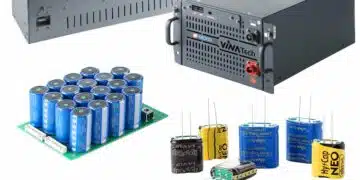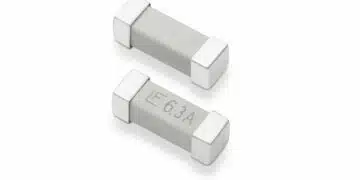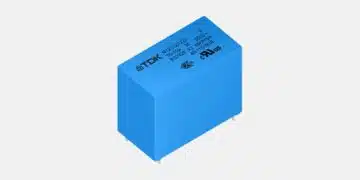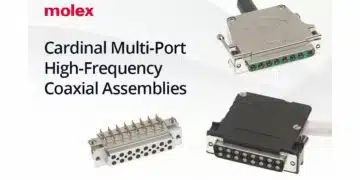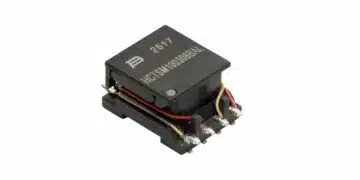Even though a transformer is a passive component, it has a great influence on the overall electromagnetic compatibility (EMC) of the power supply. In this Würth Elektronik webinar, you will learn what can be done to keep the emissions low.
We will discuss which properties of the transformer impact the EMC and I will show what techniques we can implement in the construction of the transformer to minimise this impact.
Some practical examples of bad and good design practices will be shown, ranging from flying leads to shield windings.
Content
- Parasitic properties of transformers
- Transformers impact on EMC
- Conducted vs radiated emissions
- Good EMC design practices
- Influence of shield windings and additional EMI reduction measures
Source:
Würth Elektronik


